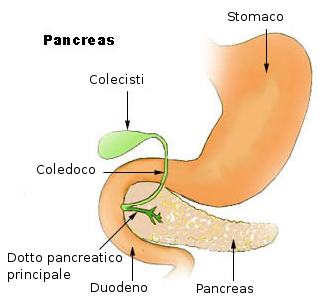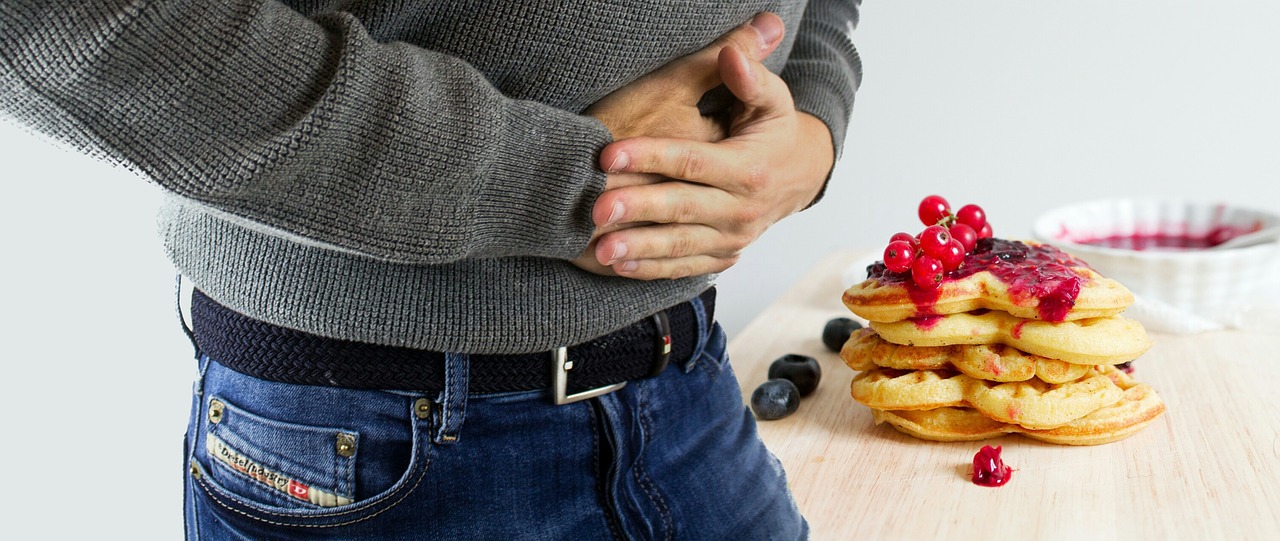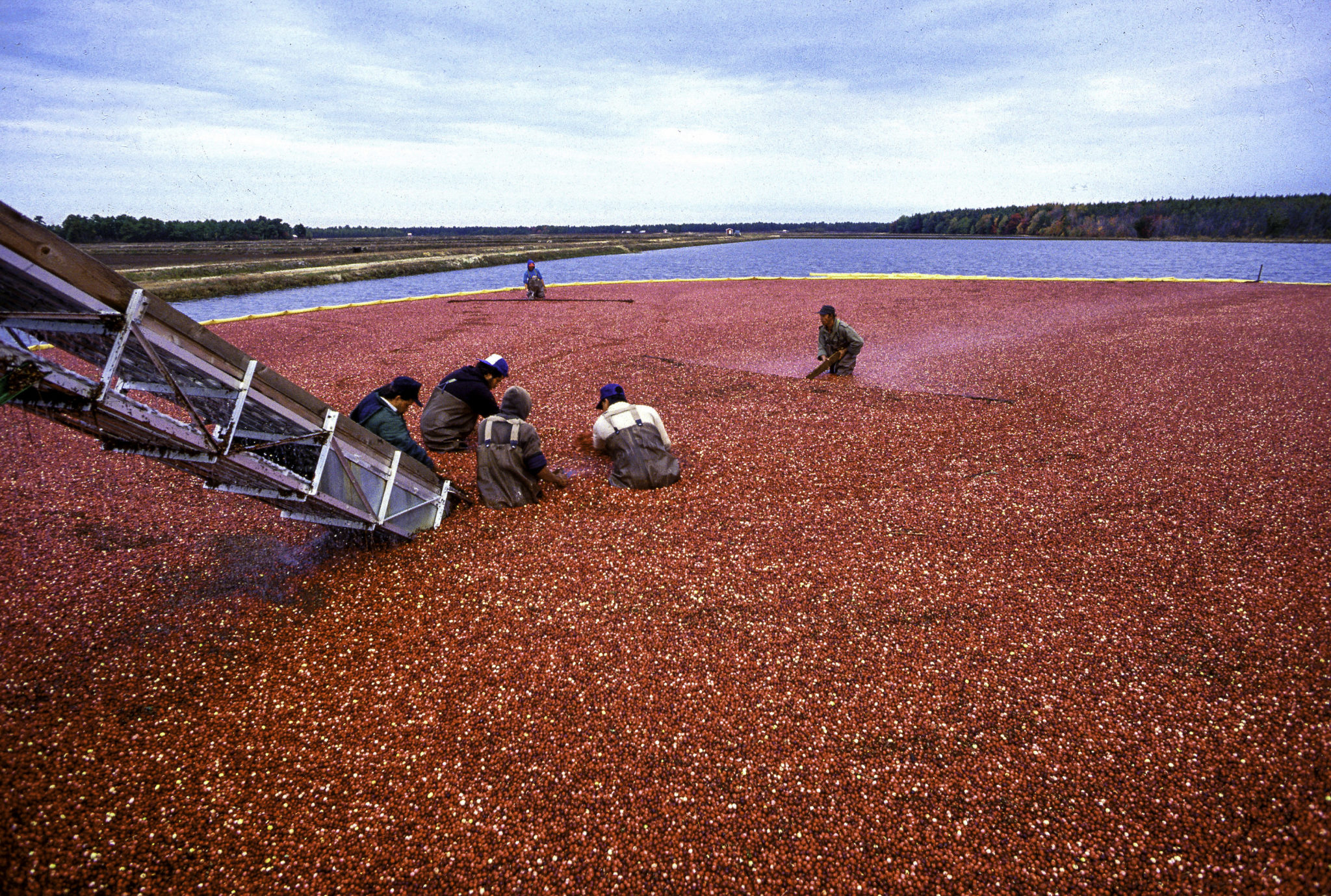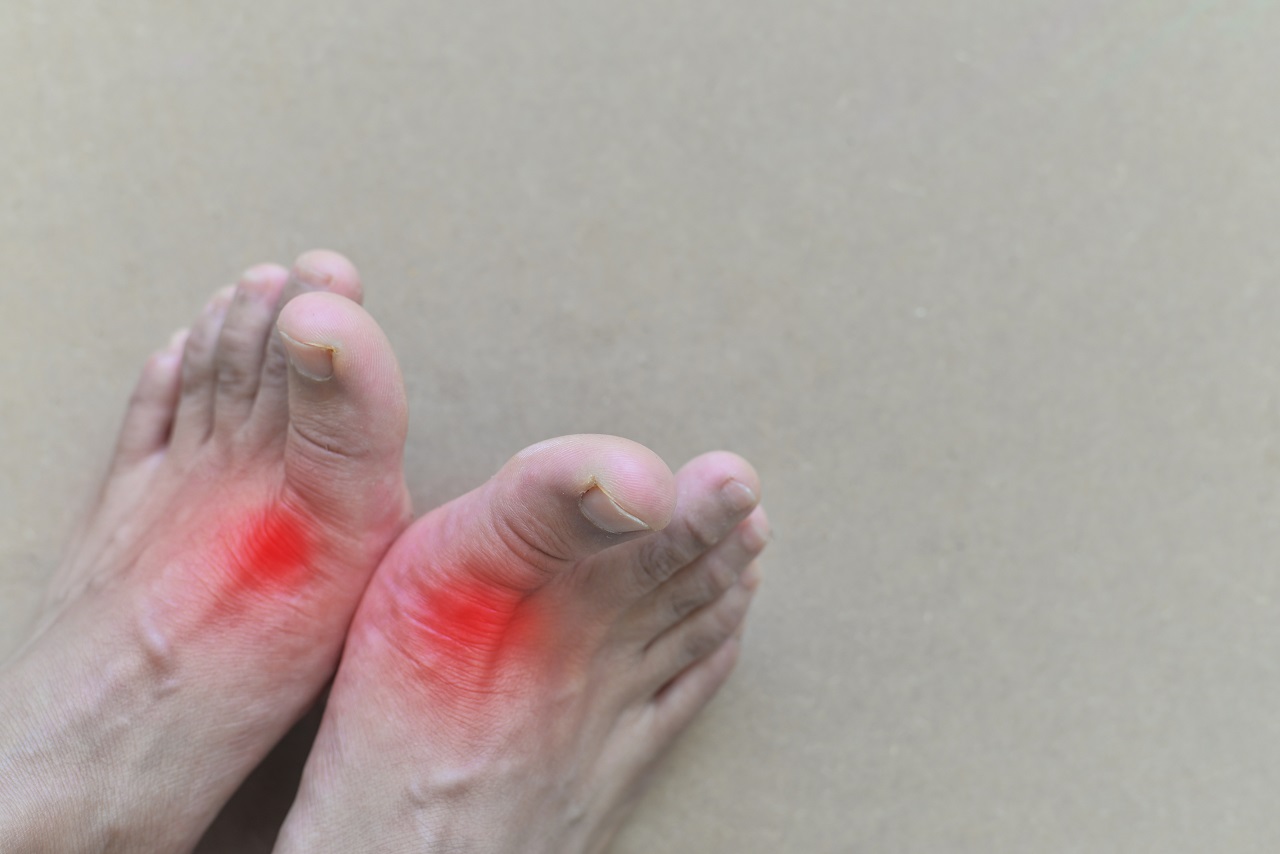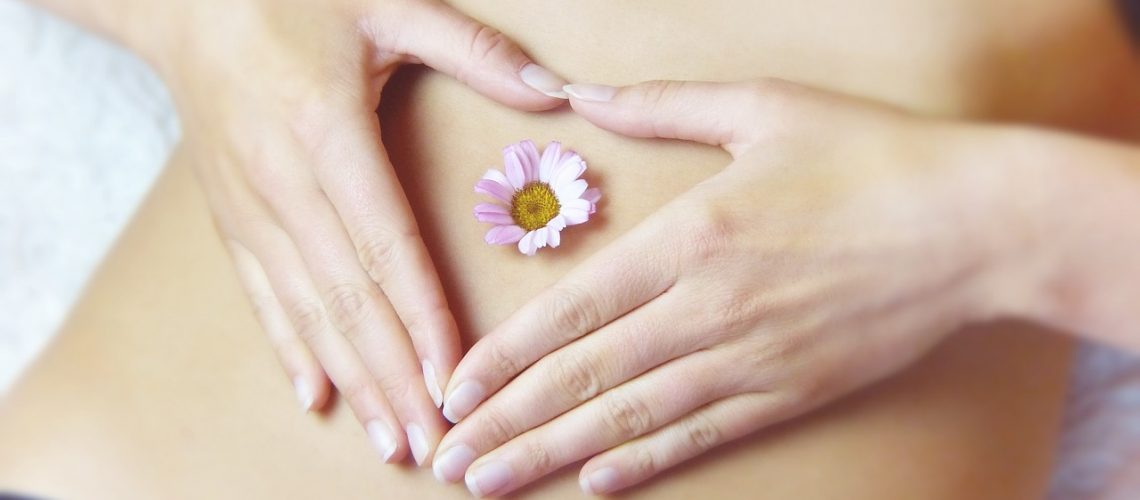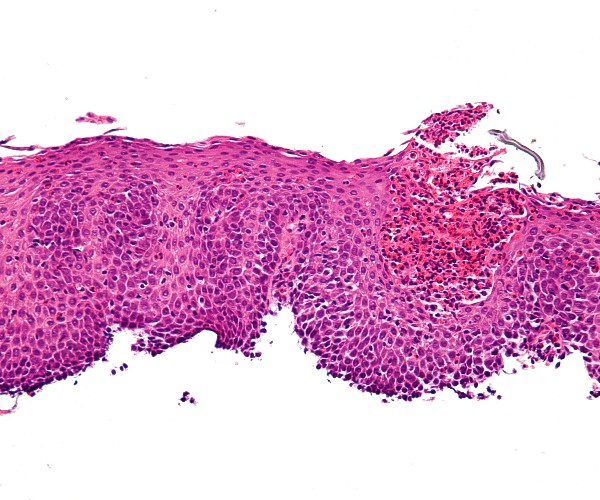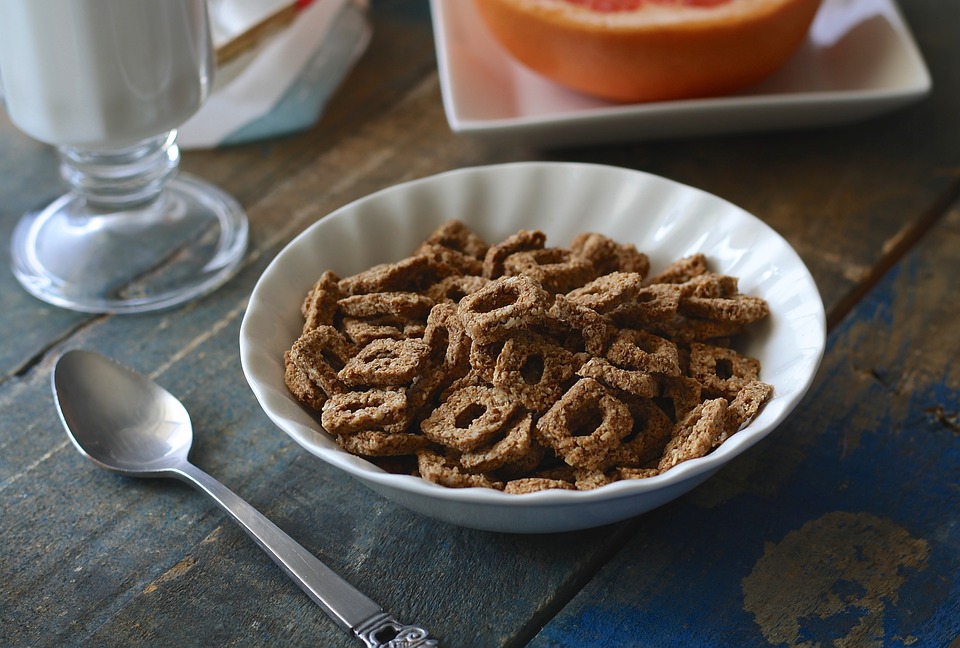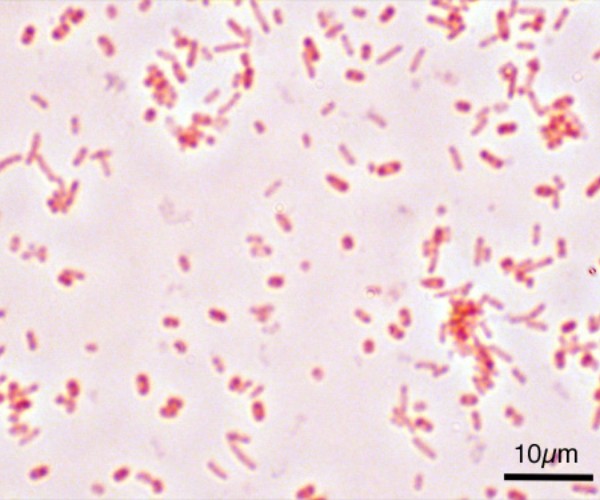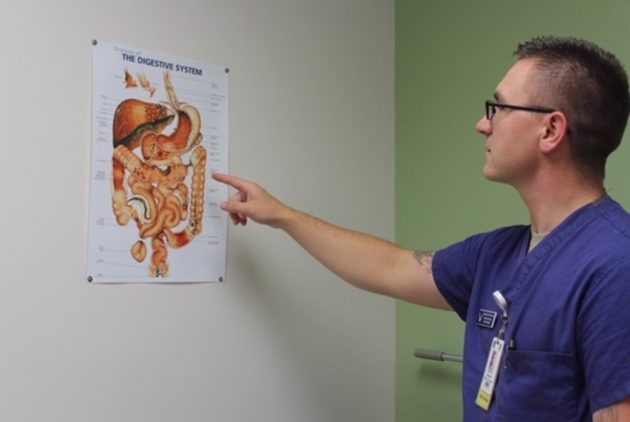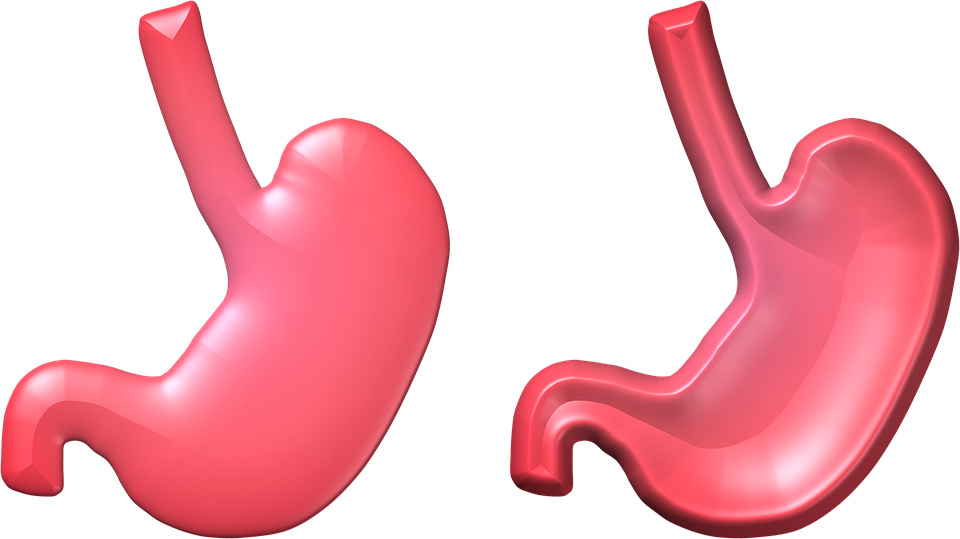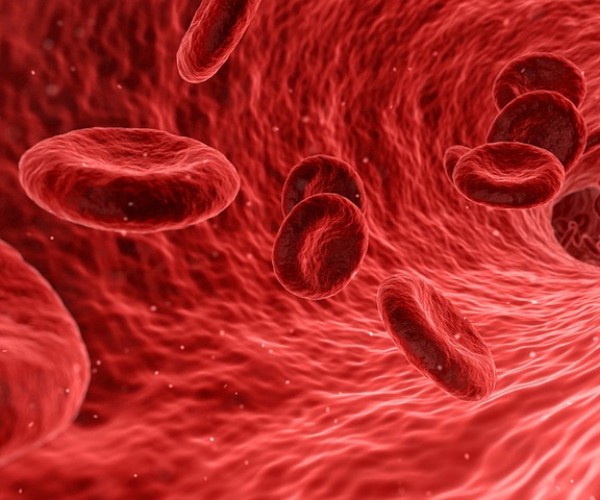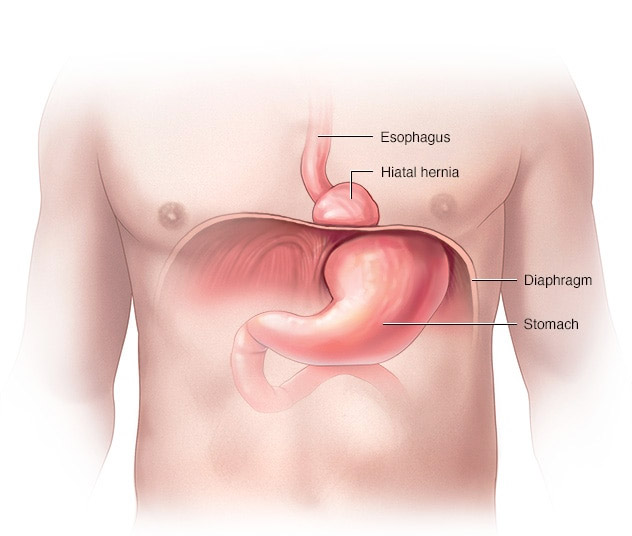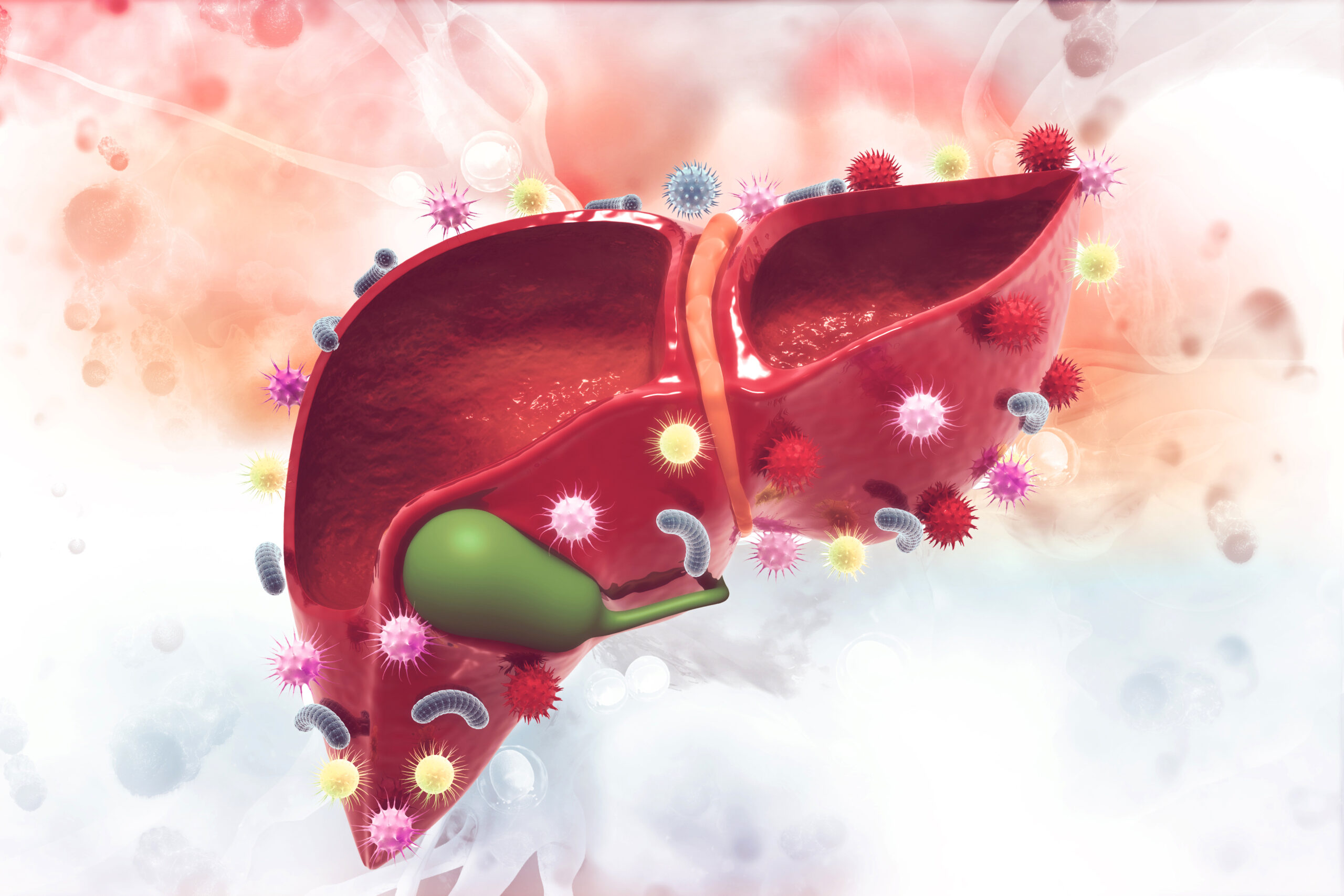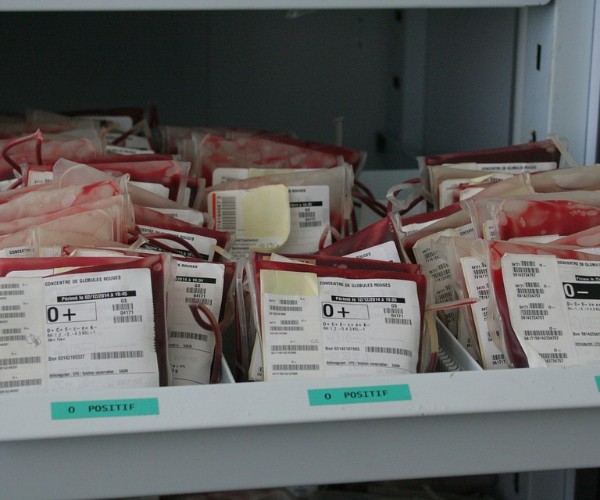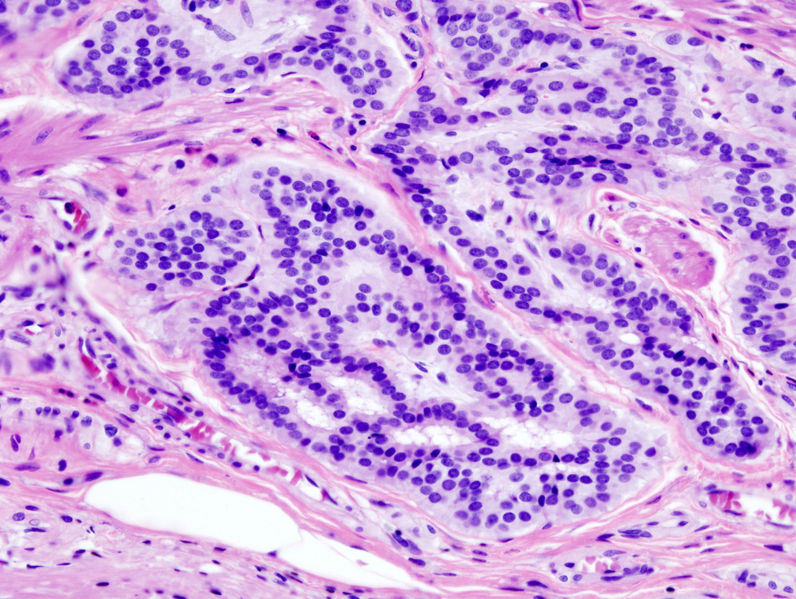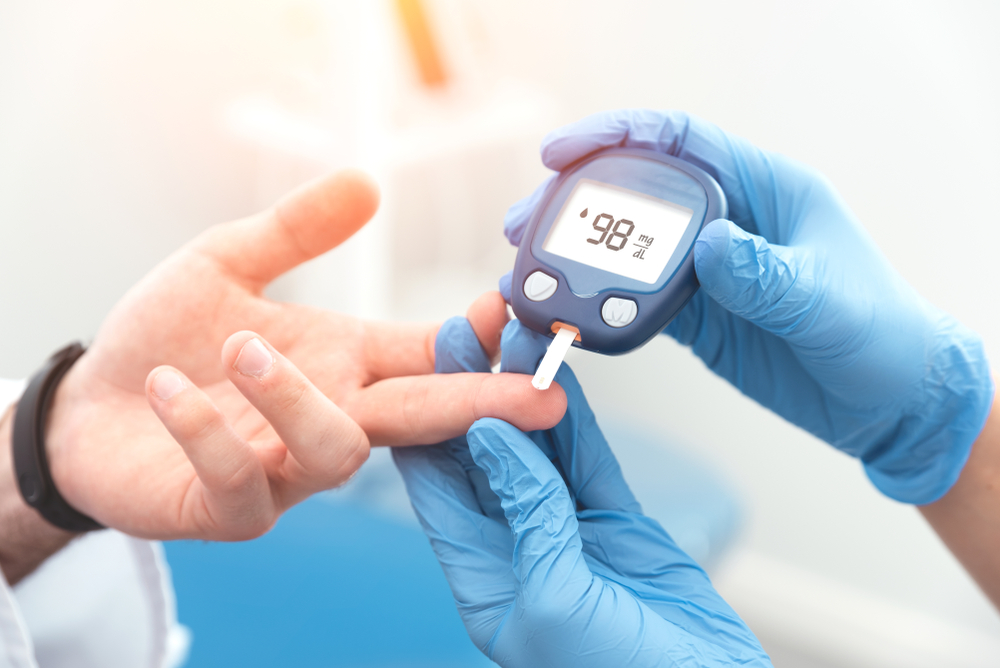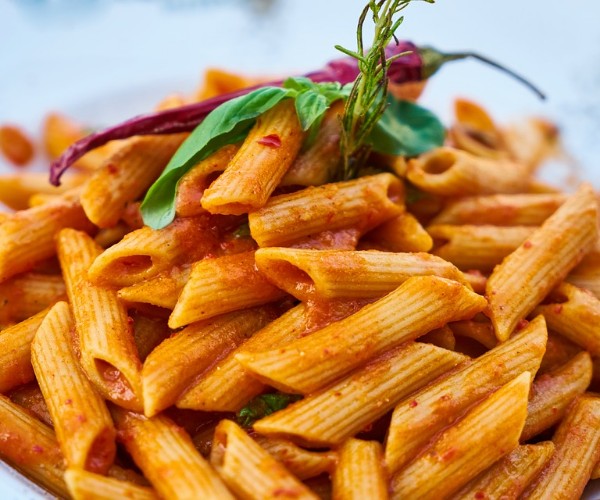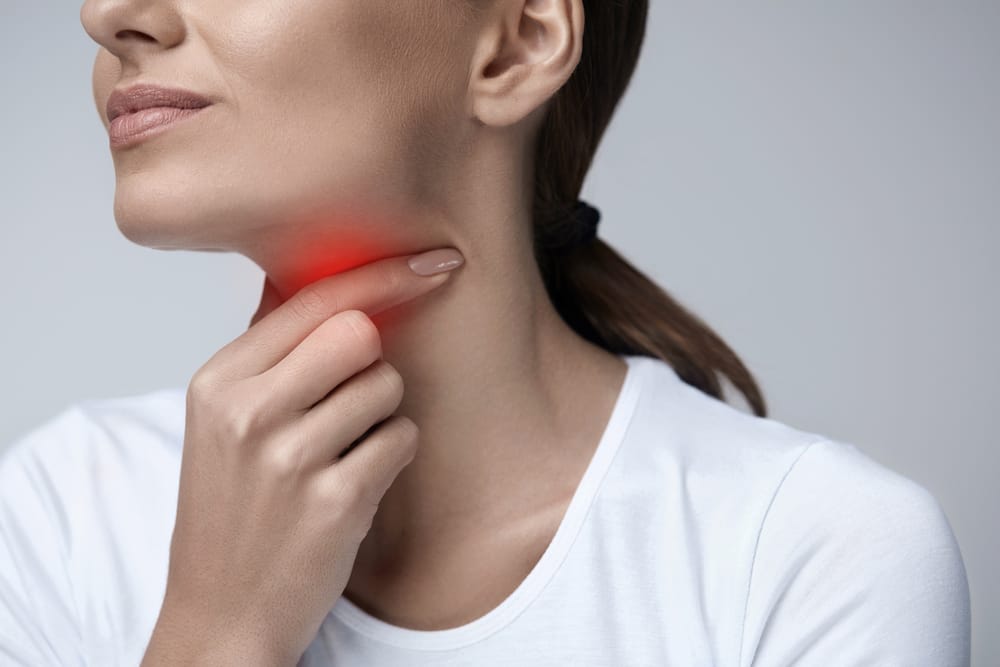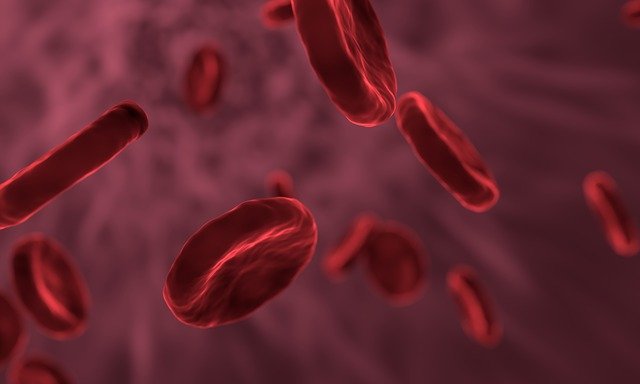Just as we think about taking showers, baths, brushing our mouths and teeth well, we should also take care of our intestines. This is why the practice of enemas to be performed at home, possibly once a week, is useful. The portion of the intestines we can reach with our irrigations is the large intestine-this is where we find 100 percent fecal material. In fact, in the previous part, in the small intestine, a certain amount of food is still present, at 50 percent. This is the reason why many of the most serious diseases are located in the colon itself. It must be said that defecating on a regular basis is not enough to eliminate “stubborn” waste that could trigger autointoxication phenomena. It then becomes important to carry out cleaning, which can be done easily in the manner shown below.
What to do
First of all, you need to get a“travel enemas” from the pharmacy: this is a plastic bag fitted with a rubber tube that ends in a small nozzle. When you do the enema, you can hang the bag in the bathroom, tying it to the shower, for example, or anywhere else that allows the liquid to flow downward: the optimal distance from the point on the bag from which the tube protrudes and the anus is about 60 cm. Boil 2 liters of water (the amount of water decreases if they are children: 1.5 – 1 – 0.5 liters, respectively, for children 12,8,4 years old). Then turn off the heat and dip 4 packets of freeze-dried chamomile tea (which contain sugar!) into the water.
At this point it is a matter of waiting for the water temperature to drop to 37-38 degrees; then, after removing the sachets, pour the chamomile tea into the bag hanging in the bathroom. You choose where to do the enemas: you can put yourself in the tub or on the floor, on a mat or mat. As for the position to assume, if you can manage it, you can get on all fours, or better yet, after getting into this position, rest your head on a pillow or rolled up towel that you have taken care to place previously on the floor. This will allow both hands to be free. It will then be easy to massage your abdomen during the enemas. However, if this position is uncomfortable, you can always lie on your side.
Kousmine practice
The Kousmine practice then calls for the enteroclysis, performed before dinner, to be followed at bedtime by the instillation of cold-pressed organic sunflower oil. This is in fact rich in vitamin F, which performs several functions in our body; one of the most visible signs of deficiency of this vitamin , in addition to lower resistance to infection, is the state of the skin: if the skin is dry, prone to flaking and rough, especially in the leg tract between the foot and the knee, it means that you are in a state of deficiency of this valuable vitamin. Here, then, is the importance of oil instillation.
How to proceed? Get a baby perette, or better yet, a 50- or 60-mL syringe (no needle, of course!) to which you can attach an anal cannula of about 10 cm. Let 4 tablespoons of sunflower oil cool in a bain-marie in a glass. Aspirate the oil with the syringe (or directly with the perette); attach the anal cannula to the syringe, make sure there is no air in the tube, then insert the cannula into the anus and press the plunger to let the oil in. You must retain the oil overnight. You can apply an absorbent pad in the briefs to prevent any oil spills from staining the sheet. Also be careful the next day, because unexpected oil spills may occur!



